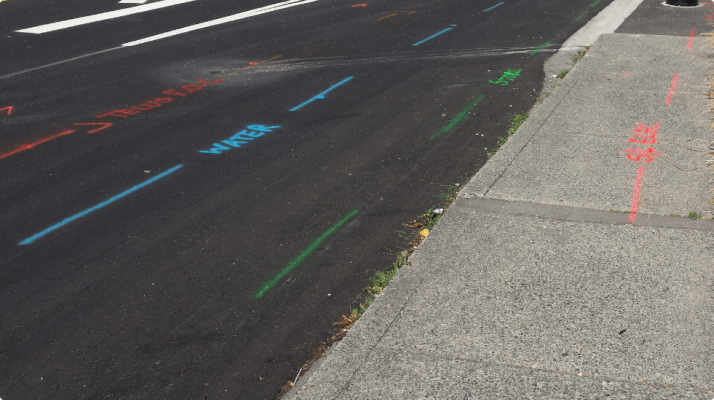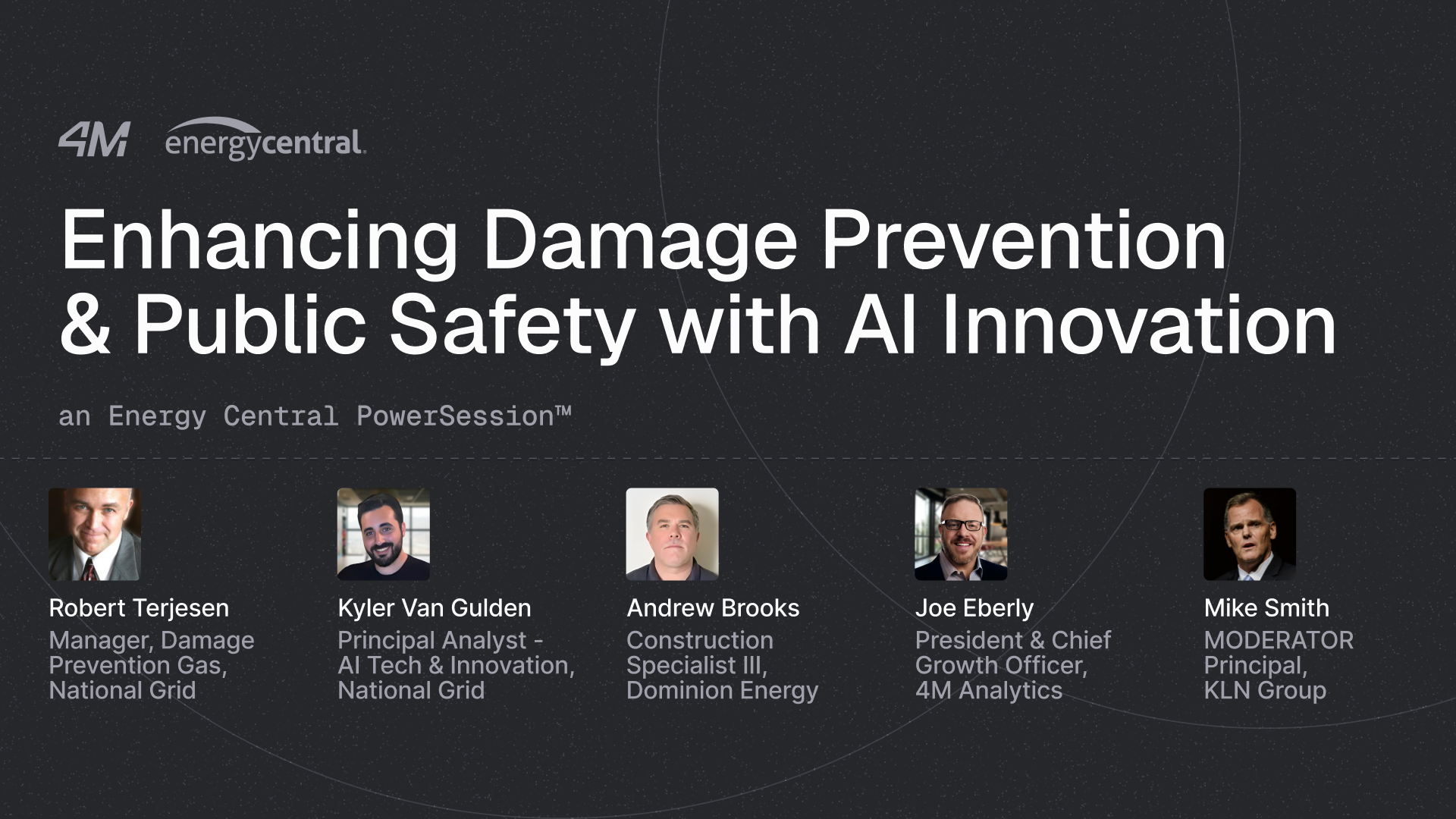How the Farmington explosion changed Maine state law
Written by

Published on
December 25, 2020


Table of contents
On the morning of September 16th, 2019, a big explosion occurred at LEAP Inc. in Farmington, Maine. One firefighter was killed, seven others were injured.
Some people said that the blast was so powerful that paper, insulation, and building debris rained on the area, creating what first responders at the scene described as a war zone.
After the accident, a report released by the Maine State Fire Marshal’s Office revealed a propane leak caused the explosion. Apparently, work crews damaged it a week before the incident, whilst they were drilling posts into the ground near the building.
According to DOT (U.S. Department of Transportation), this is one of the most significant challenges for safe pipeline operations – damage to an underground pipe caused by accidental digging.
For Farmington, Maine, this tragic incident was a turning point.
In response to the explosion, Seth Berry, the House chair of the legislature’s energy, utilities, and technology committee, introduced L.D. 1892 – “An act to make changes to the so-called dig safe law”.
The legislation aims to require that underground L.P. lines, like the one affected in Farmington that led to the explosion, be regulated by new “dig safe” laws.
Starting from the spring of 2020, anyone in Maine state planning to dig (even if it’s just in their backyard), is required to notify the 8-1-1 service, and have an expert locate any underground utilities in the suspected area. An additional section to the law is the prohibition of digging in the vicinity of certain underground utility lines, now including L.P. lines.
Although a small price to pay in regard to recent events, but an act that will add additional red tape to an already bureaucratic industry. And yet, the legislature’s energy, utilities, and technology committee don’t see this as a hurdle, as they believe it is a matter of time until innovative technologies in the utilities-locating sector make the marking of facilities an easy task.
This is exactly where the technology developed by 4M Analytics comes into play.
The company’s mapping platform provides complete, accurate, and up to date subsurface infrastructure cloud-based maps. Thus, enabling anyone with the need to dig to be able to do it safely.
Clearly, when it comes to excavation strikes, whether in gas pipes or other utilities, Maine’s legislation is doing its best to protect its community. And with 4M Analytics technology, there is no need to see this as additional red tape, but as a moral standard that saves lives.
Recent blog posts

Our Newsletter
Join 7k infrastructure professionals
Get monthly insights on ways to build smarter, faster and safer with Utility AI.






